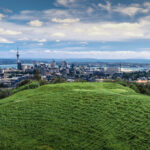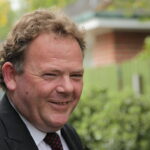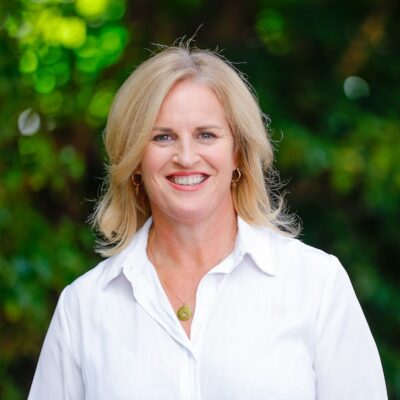Snedden calls for a better organised tourism sector
New Zealand’s tourism industry must do more to prepare itself for a projected huge rise in overseas visitors from Asia in the next five years and beyond.
811
New Zealand’s tourism industry must do more to prepare itself for a projected huge rise in overseas visitors from Asia in the next five years and beyond.
That’s according to Tourism Industry Association (TIA) chief executive Martin Snedden who is set to release the long-awaited Tourism 2025 draft strategy document before the end of the year.
Snedden, who was speaking at the World Outdoors Summit in Rotorua recently, said the number of Chinese tourists to New Zealand may rise from the current 230,000/year to around 450,000 to 500,000/year within five years’ time.
There are also likely to be increasing numbers of visitors from India, Indonesia and Brazil.
“Unless New Zealand can get itself organised in advance we will face all sorts of challenges and may miss the boat,” he said.
Tourism 2025 will set a blueprint for growing New Zealand’s $23.4 billion tourism industry through to 2025.
Snedden described the current tourism industry as made up of a lot of different groups that have had “absolutely no sense of common direction”.
He said the industry has never had a strategic framework in the past that has worked.
TIA’s 1500 members cover a wide range of tourism operations, including airports, airlines, accommodation providers, rental car companies, and adventure and cultural attractions.
Snedden said, “if all goes according to plan”, Tourism 2025 will be hosted on a dedicated website of the same name by the end of this year. A “worst case scenario” would push the launch date to January or February 2014.
“There will be an actions plan that identifies a whole load of stuff that needs to be done and assigns it to those who should be doing it,” he said. “But if they choose not to do it I’m stuck. It’s all about the power of persuasion.”
Snedden said many people in the industry had entrenched viewpoints and the success of the strategy will depend on them seeing they will benefit individually from the collective strategy.
He also called for a “robust examination” of how visitor surveys are conducted in New Zealand. “We do not survey for causes of dissatisfaction and, even if we do, the research gets left in the drawer.”
He suggested the tourism industry will be able to improve fast by focusing on what tourists dislike about their experiences in New Zealand.
“Also, the truth is, Asian visitors don’t like to upset their hosts, so in a survey they are going to give you good marks anyway… so we should focus on mystery shopping [research techniques]. Put yourself in the shoes of the customer and find out what it’s like their end: not what we think it’s like for them.”
By Ruth Le Pla. [email protected]
Photo: Martin Snedden with conference MC/keynote speaker Ngahi O Te Ra Bidois.






